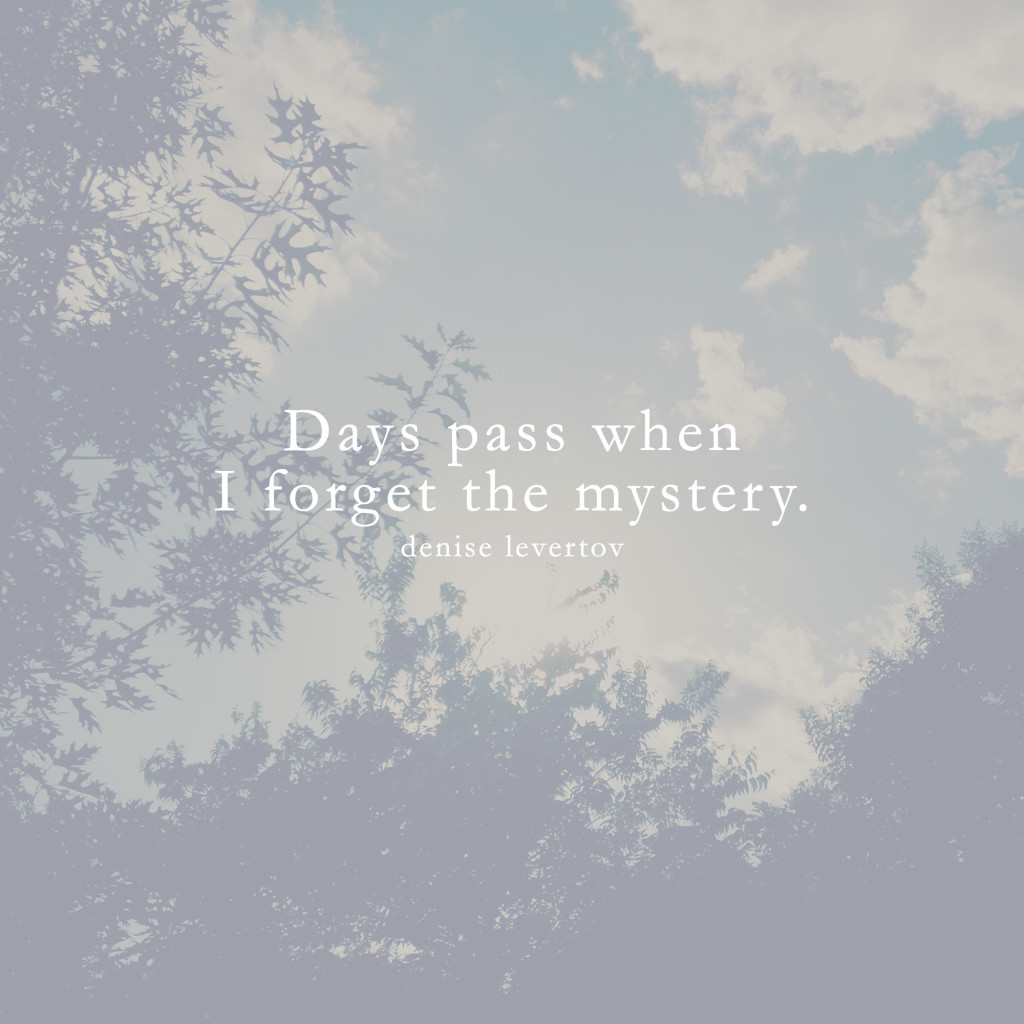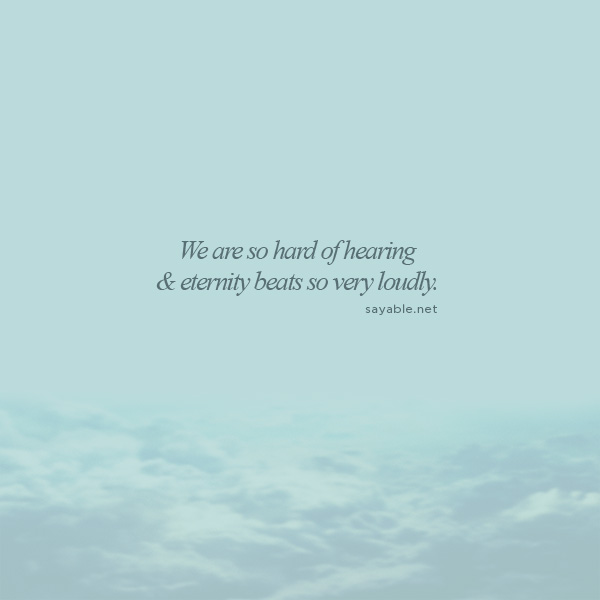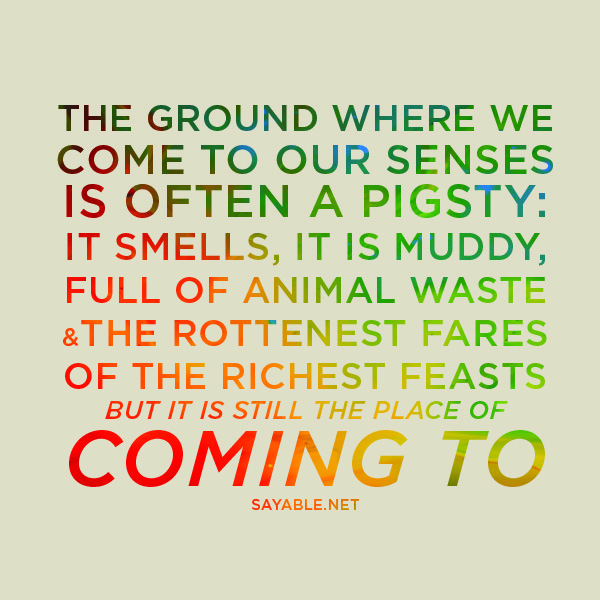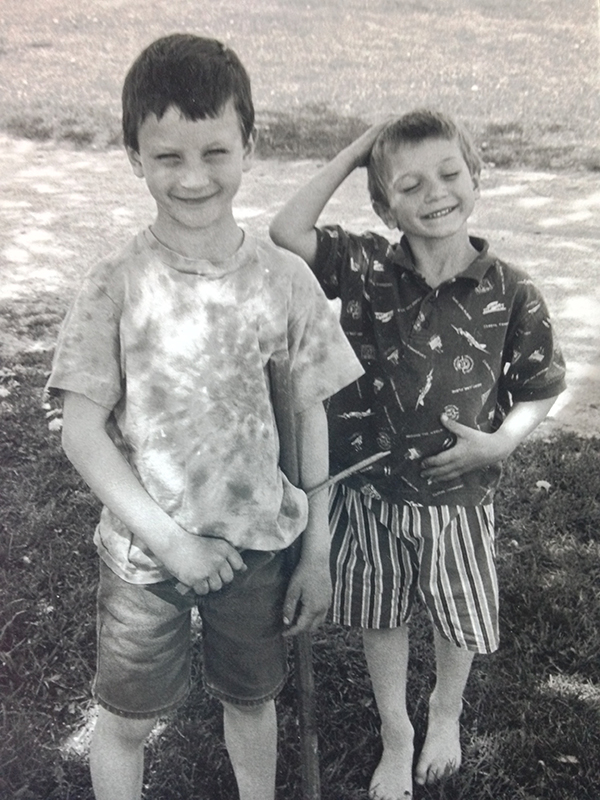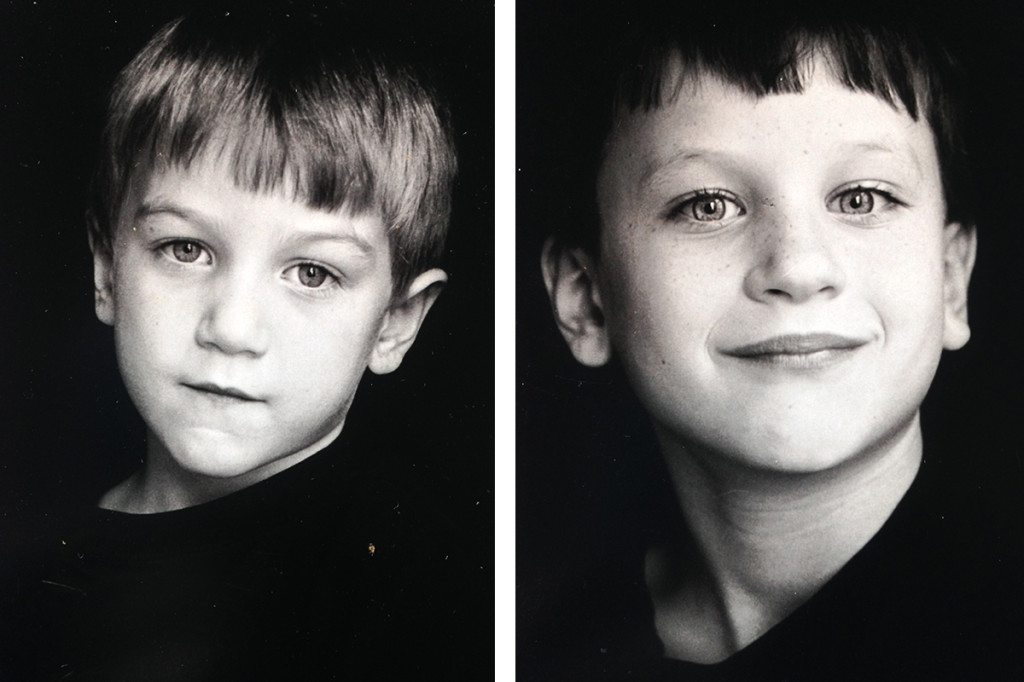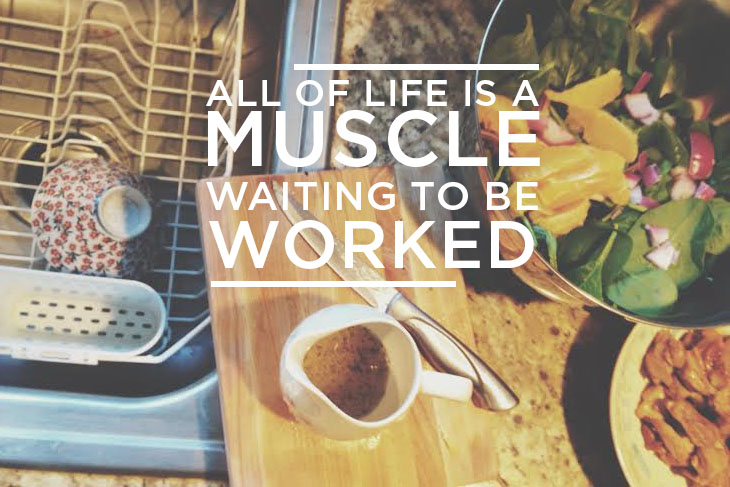 The thing about caricatures is you always know who it is just by looking at it, and yet, you know you can't trust the likeness.
The thing about caricatures is you always know who it is just by looking at it, and yet, you know you can't trust the likeness.
Right?
A caricaturist zeros in on several points on a person's face. Maybe it's a slightly larger nose, or a bit of a crooked smile, or maybe something as pedestrian as deeply blue eyes or a natural blush. The caricaturist's aim is to exaggerate and minimize what sets the face apart. His aim is not to make ugly, but often times a caricature looks ugly. If you've ever had one done you know the righteous indignation that accompanies first sight,
"I don't really look like that!" you say, and of course you don't.
But you kind of do. Not really. But sort of. Enough that you're recognizable, not enough that anyone who knows your face well would say it's an exact likeness.
Within culture at large, and Church culture especially, caricaturists abound. In some ways, they're the comedians of the inner circle; the Jon Acuff and Jen Hatmakers. They zone in on the ridiculous and ludicrous parts of the Christian life and family and help us all laugh at ourselves. They satire, and they're good at it, and we laugh at them because they're helping us laugh at ourselves.
When Caricature goes badly is when a sly artist studies a theology or movement solely to find the weak or shallow parts. Then they pound out a blog post heard round the world for a split second and then life goes on as normal. A moment of fame while everyone points and laughs at the funny man in the picture, asks how could he be so silly and stupid and ugly, and how could he not know he's so silly and stupid and ugly.
Ha ha.
. . . . . . . . . . . . . . . . . . .
Here's the other thing about caricatures: we know the elongated nose or tiny eyes or stout neck are true about us; in fact, nobody sees our face in the mirror, under such a microscope as we do.
But when the caricature is passed around as truth for long enough, everyone starts to believe that's our real face. That's who we really are. But it's not.
That's not the person who wakes up in the morning, drinks their coffee while they read the bible, who packs lunch for her kids or drops the shampoo in the shower, who can't find their keys where they left them, who buys coffee for the person behind them in line, who killed it at the meeting with his coworkers, who meets weekly with a guy who just needs prayer and a friend, who forgot to put gas in the car, who falls into bed every night exhausted and confident that they are doing exactly what God designed them to do and be and look like.
Who cares about a caricature when there are real people to be seen?
If you are tempted to zero in on a particular face of a movement and draw for the world a caricature they won't forget, what you need to remember is at the end of the day we throw those caricatures in the garbage. Nobody really wants to look at them, and especially not the subject of the drawing. Why? Because it's not true. It's partially true, which makes it not true.
If you want people to listen to what you have to say, really listen, not just rally around you, or press like on your Facebook post, you have to sit with them and be true with them, and be truthful about them.
I asked an artist one time, a man who paints likenesses that almost breathe with life, how he made the paintings.
"Do you take a photo and paint from that?" I asked him.
"Oh, no," he said, "I make the subject sit in front of me, hours and hours and hours. How could I paint them life-like if I did not see them living?"


